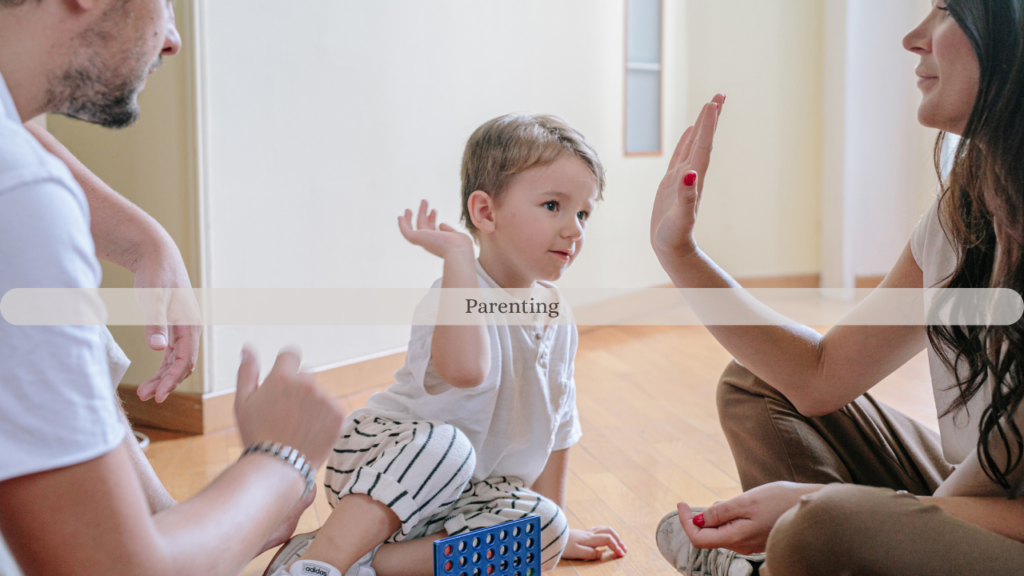
Addiction is a powerful force that can profoundly affect every aspect of a person’s life, but its impact on parenting and family life is particularly significant. The journey of saying “no” to addiction is not just about personal recovery—it’s about reclaiming the roles and responsibilities that addiction may have disrupted, especially those connected to being a parent. Breaking free from addiction brings about a positive transformation that reshapes not only the life of the individual but also the entire family dynamic.
Addiction’s Impact on Parenting
Addiction can strip away a parent’s ability to be fully present, both emotionally and physically. Substance abuse often leads to neglect, emotional distance, or erratic behavior, which deeply affects children. Kids thrive on consistency, stability, and affection, but addiction can undermine a parent’s capacity to provide these essential needs. The parent-child bond weakens as addiction creates a chaotic environment, leaving children feeling anxious, insecure, or even responsible for their parent’s struggles.
Additionally, addiction often diverts financial and emotional resources away from the family, creating stress and conflict. The attention that should be devoted to nurturing and supporting children gets consumed by the addiction, causing a ripple effect of emotional pain and neglect. Over time, this can lead to strained relationships, behavioral problems in children, and even intergenerational cycles of substance abuse.
Breaking Free: The Journey to Recovery
Choosing to say no to addiction is a powerful decision that can restore balance to a family and repair the damage caused by substance abuse. The path to recovery is not easy, but it is transformative. As parents break free from the grip of addiction, they can rebuild the bonds with their children and offer the stability and love that were previously compromised.
A key part of recovery is learning to be fully present in parenting. With a clear mind and healthier habits, parents can engage more meaningfully with their children. They become more attuned to their kids’ needs, both emotionally and physically, and can offer guidance, support, and affection in ways that were difficult during active addiction.
Recovery also brings about changes in communication. Addiction often leads to poor communication, characterized by secrecy, dishonesty, or emotional withdrawal. In contrast, sobriety allows for open, honest, and respectful dialogue between parents and children. This shift fosters trust and creates a supportive family environment where everyone feels heard and valued.
The Transformation of Family Life
As parents regain control over their lives, the family dynamic begins to heal. Children start to feel more secure, knowing they can rely on their parents for stability and guidance. The home environment becomes calmer and more predictable, reducing the stress and anxiety that addiction once caused. Positive changes in parenting behavior can also help children develop healthier emotional coping mechanisms and self-esteem.
Moreover, breaking free from addiction sets a powerful example for children. It teaches them the importance of self-care, responsibility, and resilience. Children learn that it’s possible to overcome challenges and make healthier choices in life. This can have a lasting impact on their own approach to life, relationships, and even their future parenting style.
Conclusion
Breaking free from addiction is a life-changing experience, not just for the individual but for the entire family. By choosing sobriety, parents can rebuild the trust, connection, and love that are essential for a healthy family life. This transformation allows parents to become the positive, nurturing role models their children need, setting the stage for healthier relationships and a brighter future for the entire family. Sobriety is not just about ending addiction—it’s about creating a new, stronger foundation for the family to thrive.